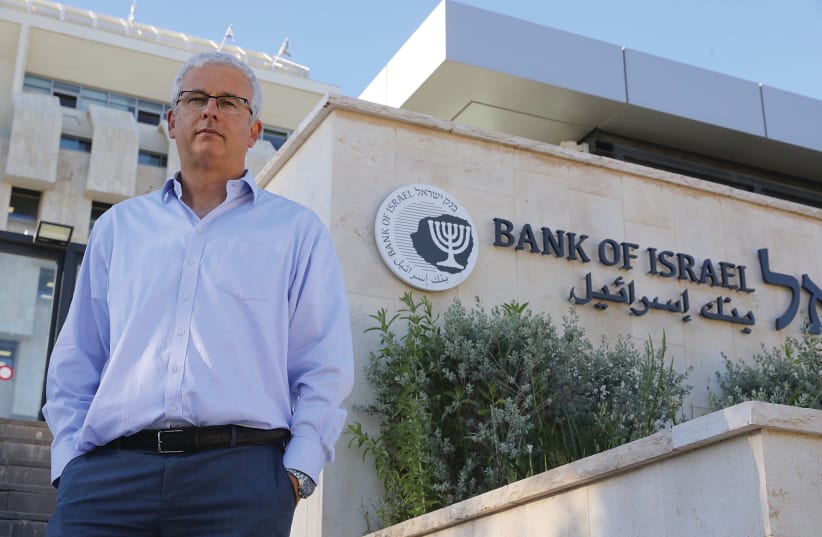As the global community grapples with the twin challenges of economic development and environmental sustainability, IndusInd Bank emerges as a trailblazer in the Indian banking sector. By partnering with Circularity Innovation Hub (CIH), the bank has embarked on a groundbreaking journey to harness the potential of programmable central bank digital currency (CBDC) for social and environmental good.
The pilot project represents a paradigm shift in the use of CBDC, leveraging its programmability to direct funds towards a specific and socially impactful cause—supporting farmers in the Ratnagiri district of Maharashtra. Unlike traditional CBDC initiatives focused solely on financial transactions, IndusInd Bank’s innovative approach incorporates sustainability objectives into the very fabric of its digital currency program.
At the heart of this initiative lies the fusion of financial innovation and environmental stewardship. By collaborating with CIH and other stakeholders, IndusInd Bank demonstrates a commitment not only to economic growth but also to environmental sustainability. Sumant Kathpalia, the bank’s Managing Director and Chief Executive, underscores the transformative potential of this collaboration, stating, “We are excited to drive a positive change in the agriculture sector and beyond.”
The significance of this endeavor cannot be overstated, particularly in the context of India’s agricultural landscape. With agriculture contributing over 16% to the country’s GDP and serving as the backbone of its economy, the adoption of innovative financial solutions holds immense promise for fostering inclusive growth and resilience in rural communities.
Central to the success of the pilot is the involvement of key partners, each playing a distinct role in realizing the project’s objectives. Hindustan Agro and Jackfruit King Company spearhead farmer engagement efforts, linking sustainable practices to additional revenue streams. Meanwhile, Emertech Innovations deploys blockchain technology to ensure end-to-end traceability and transparency in the generation and disbursement of circularity credits—an integral component of the initiative.
Gaurav Somwanshi, co-founder and CEO of Emertech Innovations, emphasizes the transformative potential of technology in driving sustainability, stating, “This initiative with the RBI showcases the transformative potential of combining technology with sustainability.” Indeed, the project sets a precedent for future collaborations aimed at harnessing the power of finance and technology to address pressing environmental challenges.
Looking ahead, IndusInd Bank, CIH, and their partners are poised to scale the pilot into a nationwide initiative, with plans to extend its benefits to waste reclaimers and cleaning staff. The second phase of the project will focus on empowering Safai Karmacharis by leveraging revenues generated from the collection, recycling, and repurposing of plastic waste.
In a year marked by economic uncertainty and environmental crises, IndusInd Bank’s foray into sustainable finance stands as a beacon of hope—a testament to the transformative potential of financial innovation when coupled with a commitment to environmental responsibility.
As the bank continues to chart new frontiers in sustainable finance, one thing is abundantly clear: the future of banking is not just digital—it’s sustainable.



